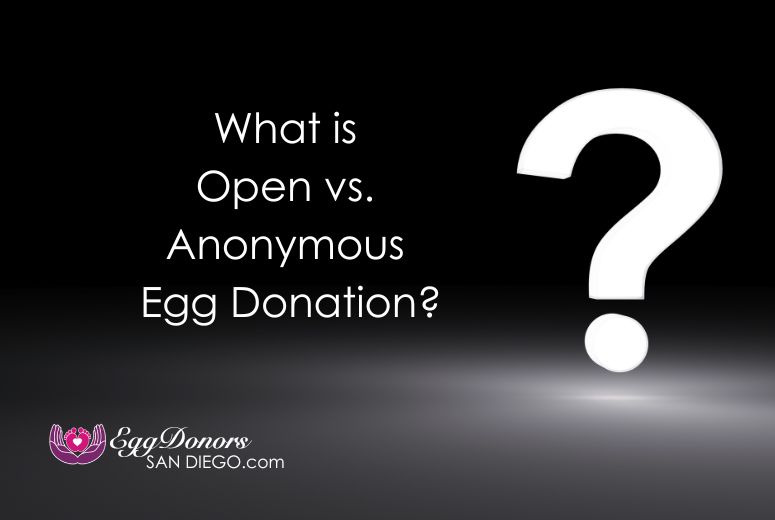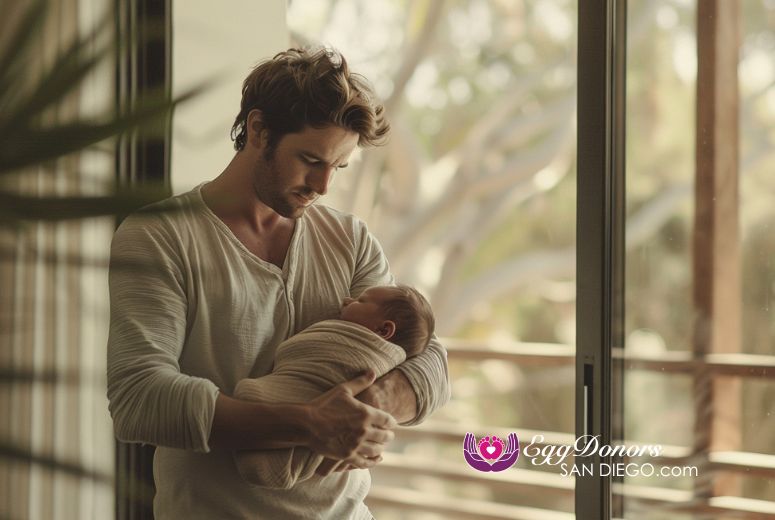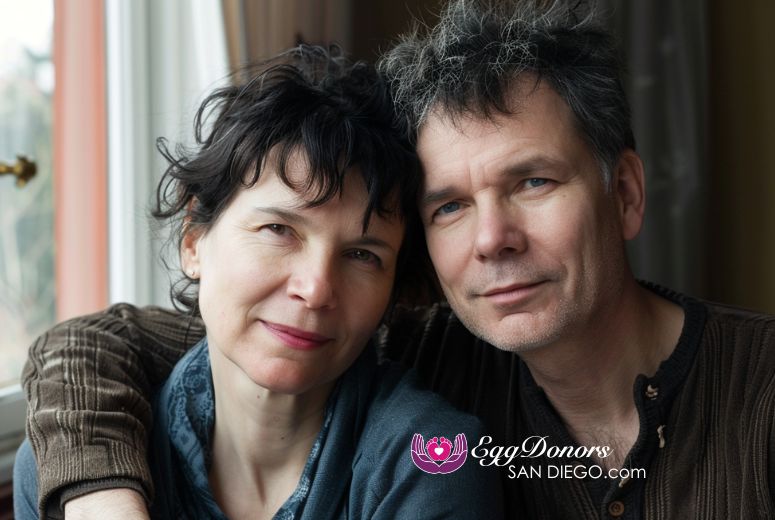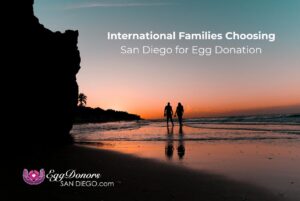Egg donation is a selfless act of giving the potential of a child to a family longing for a baby. But when choosing between open vs. anonymous egg donation, understanding the legal, emotional, and ethical implications is essential. Open egg donation allows for some level of identity disclosure or future communication, while anonymous donation protects the identities of all parties until the donor conceived child becomes an adult.
How the Process Works
In both open and anonymous egg donation:
- Donors undergo rigorous fertility testing and medical screening.
- Matching is conducted through an in-house egg donor database.
- Recipients review donor profiles that include medical history, education, and interests.
Anonymous Donation means no direct contact or exchange of identifying information. Communication is handled exclusively by the clinic. However, with the invention of commercial genetic testing, it’s not possible for donation to be anonymous forever.
Open Donation can involve varying levels of openness, from the exchange of letters or photos to direct meetings or future contract agreements.
Why It Matters
Choosing between these paths is more than logistical—it’s deeply personal. According to Dr. Minoos Hosseinzadeh, founder and medical director at EggDonorsSanDiego.com:
“Every family has unique needs. Our role is to guide them through a decision that aligns with their values, expectations, and long-term vision.”
Who Should Consider Each Option
- Anonymous Egg Donation: Ideal for intended parents who prefer more privacy and is the most common clinical arrangement.
- Open Egg Donation: Often chosen by those who value transparency and want to celebrate the egg donor’s role in their family. This relationship often starts with the legal agreement for the egg donation cycle.
When to Decide
Most intended parents choose the type of donation during the early matching process. At the Fertility Institute of San Diego, the donor program is designed with flexibility, allowing both donors and recipients to determine their comfort level in advance.
Key Differences Table (Adjusted)
| Anonymous Donation | Open Donation | |
|---|---|---|
| Identifying Information | Not shared until the child becomes an adult | May be exchanged partially or fully |
| Agreements | Generalized agreement without disclosing names or contact information | Legal agreement with donor identity disclosed |
| Long-term Contact | No shared information until the child becomes an adult | Possible future communication or relationship |
Risks and Complications
- Emotional Implications: Unexpected emotions could arise from both open or anonymous donation. An experienced counselor will talk you through the implications.
- Legal: Laws regarding donor identity disclosure are evolving in many states. The hope is to streamline the donor-conceived child’s ability to access the donor once the child is an adult, if they are interested.
- Boundaries: Open arrangements must include clear legal agreements so an experienced attorney in the fertility field is imperative.
Ethical Considerations
Transparency in family-building is increasingly encouraged by fertility ethicists. It is widely recommended that children conceived via egg donation understand the process involved to get them here. It’s a beautiful program with parents that have been longing for a baby. It should be embraced and celebrated with your donor conceived child.
Dr. Hosseinzadeh shares: “The decision between open and anonymous egg donation isn’t about right or wrong—it’s about choosing the path that brings peace of mind to everyone involved.”
Types of Treatment Available
Egg donation is used with IVF (in vitro fertilization). Whether through an open or anonymous donor, embryos are created and transferred to the recipient’s uterus or a surrogate’s uterus.
Costs
Costs may vary, but typically range from $30,000 to $55,000 for a full cycle, including donor compensation, medical procedures, and legal agreements. Open donation arrangements may include additional costs for coordination and legal counsel.
Actionable Next Steps
- Consider your family values and long-term openness.
- Schedule a consultation to discuss donor preferences.
- Explore EggDonorsSanDiego.com’s carefully screened, in-house donor database.
FAQs
If you’re ready to start your egg donation journey, click here to schedule your consultation with Dr. Minoos Hosseinzadeh.
Sources:
- American Society for Reproductive Medicine: Donor Guidelines
- Ethics Committee Reports on Donor Anonymity
- National Infertility Association: Donor FAQs









